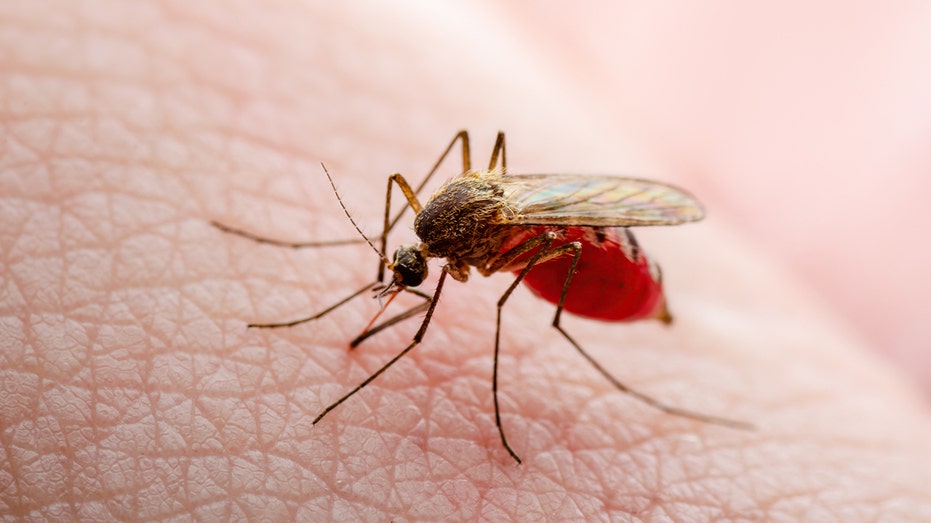Texas’ first locally transmitted case of dengue fever in 2024 has been recorded as the state is experiencing its highest annual case count in decades, officials say.
The mosquito-driven virus was found in a resident of Cameron County, which is the southernmost county in the state, according to the Texas Department of State Health Services (DSHS).
“It has been a highly active year for dengue virus globally. As of today, there have been 106 travel-associated dengue cases, including one death reported in Texas,” the agency said Monday.
“This is the highest annual case count in Texas since 2002,” it added. “Precautions should be taken to protect against mosquito bites in Texas and while traveling internationally to countries where dengue is endemic.”
LOS ANGELES COUNTY REPORTS DENGUE FEVER CLUSTER ACQUIRED FROM LOCAL MOSQUITOES
DSHS says the dengue virus – which is often found in places such as the “South Pacific, Asia, the Caribbean, South and Central America, and Africa” – is transmitted by mosquitos and about 25% of those who become infected are symptomatic.
“After about three to 14 days, infected people may develop fever, nausea, vomiting, rash, muscle aches, joint pain, bone pain, pain behind the eyes and headaches. Most people recover completely within two weeks,” according to the agency. “However, about one in 20 symptomatic people develop a severe infection that can be fatal if untreated.”
CDC WARNS OF MOSQUITO-DRIVEN VIRUS AS CASES SPIKE
Texas health officials are now urging the public to “not give mosquitoes a biting chance” by wearing long sleeves and pants, using insect repellent, and removing standing water that provides a breeding ground for mosquitoes.
“Since 2013, there have been 665 cases of dengue virus in Texas, including 40 cases that were acquired locally in Cameron, Hidalgo, Starr, Val Verde, Webb and Willacy counties. Mosquitoes remain active in much of Texas into November and December,” DSHS said.



